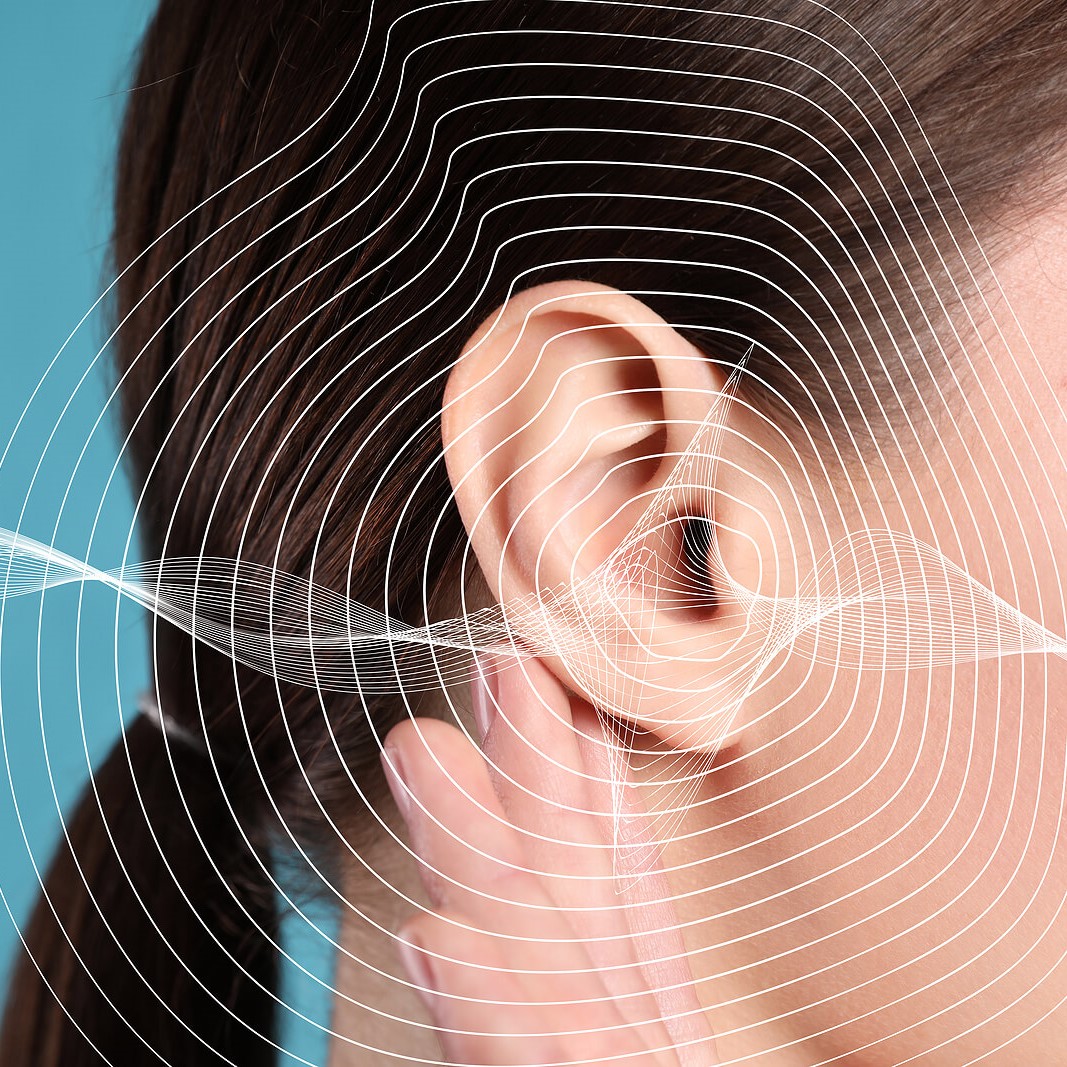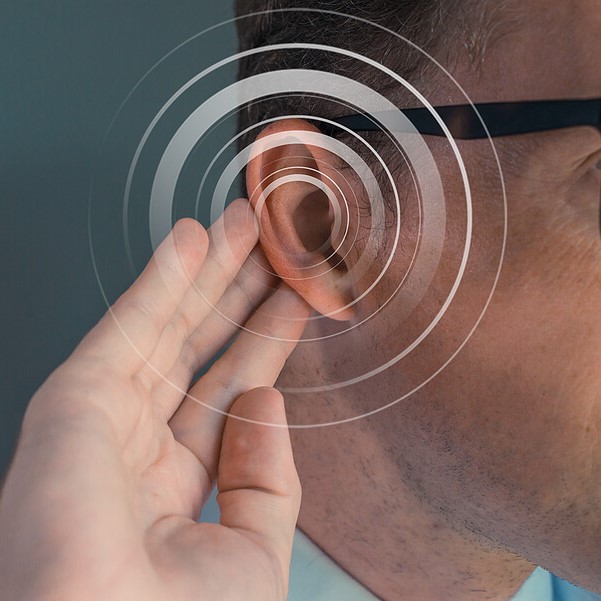Managing Tinnitus
If you’re experiencing a ringing or buzzing sound in the ears, you may have tinnitus. This can range from an occasional annoyance to a constant sound that impacts concentration, sleep, and your overall health and well-being.
What is Tinnitus?
Tinnitus is the perception of sound in the absence of an external source. Often described as ringing, buzzing, hissing, or humming, tinnitus can manifest as a persistent noise that can be soft or loud, intermittent or continuous. This sound isn’t usually a condition itself but a symptom of other conditions. Tinnitus can significantly impact your quality of life, including your physical and mental health.
Contact Us

What are the Symptoms of Tinnitus?
Symptoms of tinnitus extend beyond the perception of sound. Individuals may experience:
- Ringing, buzzing, or hissing sounds in one or both ears
- Difficulty concentrating or sleeping due to the noise
- Emotional distress or frustration
Types of Tinnitus
Tinnitus can be categorized into two main types:
- Subjective Tinnitus: The most common type, where only the person experiencing it can hear the sound.
- Objective Tinnitus: A rarer form of tinnitus, where both the person and an examiner can hear the sound. This is typically associated with a physical source, such as blood vessel disorders or muscle contractions.

What Causes Tinnitus?
Tinnitus can be attributed to various factors, including:
- Hearing Loss: One of the most common causes of tinnitus is hearing loss, and damage to the auditory system often leads to tinnitus.
- Exposure to Loud Noise: Prolonged exposure to loud environments, such as concerts or occupational noise, can contribute to a ringing in the ears.
- Earwax Blockage: A build-up of earwax can cause irritation, affect hearing, and cause tinnitus.
- Age-Related Changes: The natural aging process can impact the auditory system as well as the perception of tinnitus.
- Certain Medications: Some medications may have tinnitus as a side effect.
The Impact of Tinnitus
The impact of tinnitus extends beyond the auditory experience, affecting emotional well-being and daily life. Individuals with tinnitus may experience heightened stress, anxiety, and difficulty concentrating. Sleep disturbances are common, leading to fatigue and a potential decline in overall quality of life.
Treating Tinnitus
We offer a range of strategies to help manage tinnitus and minimize its impact on your life:

Hearing Aids
For those experiencing tinnitus linked to hearing loss, hearing aids can be transformative. By amplifying external sounds, hearing aids not only enhance overall auditory perception but also serve to diminish the prominence of tinnitus. When you can clearly hear external noises, the brain can reestablish a balanced perception, reducing the focus on the internal sounds of tinnitus. Our team works closely with individuals to determine the most suitable hearing aid options, considering lifestyle, preferences, and the specific nature of tinnitus.
Sound Masking
Introducing external sounds through sound masking is another strategy for managing tinnitus. A sound masking device can emit consistent, low-level background noise, such as white noise or nature sounds. By providing a steady auditory backdrop, sound masking helps divert attention from tinnitus.

Sound Machines
Sound machines are an accessible and versatile tool for managing tinnitus. These devices offer a wide range of sound options, from soothing nature sounds to gentle white noise. Individuals can incorporate sound machines into their daily routines, creating sounds that mitigate the prominence of tinnitus.
Cognitive Behavioral Therapy (CBT)
Cognitive Behavioral Therapy (CBT) is a therapeutic technique that addresses the emotional and psychological aspects associated with tinnitus, helping individuals develop coping strategies and reshape negative thought patterns. Through personalized sessions, counselors can help you identify and challenge unhelpful beliefs related to tinnitus, fostering a positive mindset and improving emotional well-being.

Tinnitus Retraining Therapy (TRT)
Tinnitus Retraining Therapy (TRT) combines counseling and sound therapy to help you habituate to the sounds of tinnitus. This approach involves a systematic process of retraining the brain's response to tinnitus, helping you perceive these internal sounds as less intrusive over time.
Find Your Perfect Treatment Option
Valley ENT takes a personalized approach to tinnitus treatment. We offer a range of effective interventions to help you navigate tinnitus. If you or a loved one is seeking tinnitus relief, our dedicated team is here to provide support and guide you toward a balanced auditory experience.
